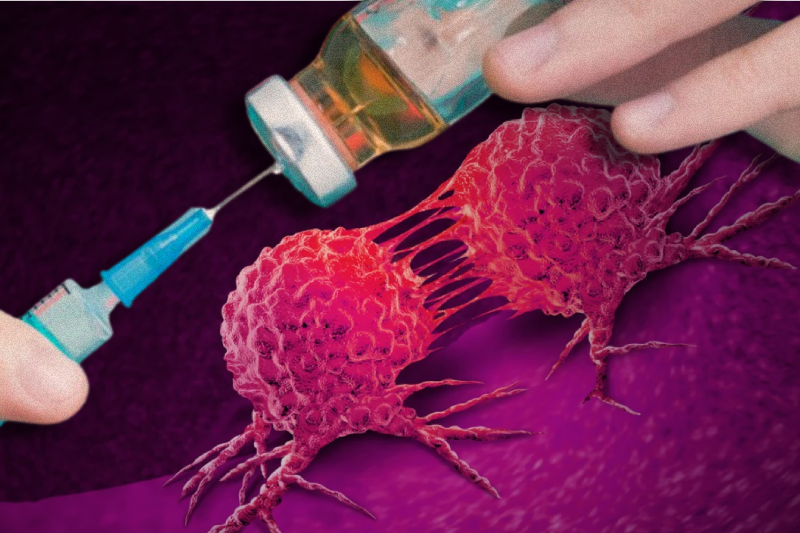
Do we finally have Cancer ‘Cure’?
For the first time in the history, a drug trial on a small group of cancer patients resulted in “elimination” of the disease in every participant involved. According to the New York Times, a group of 18 people with rectal cancer was part of a small clinical trial at Memorial Sloan Kettering Cancer Center in Manhattan. The drug in trial was Dostarlimab that was given to patients in a regulated manner for around six months. The trial results showed that each one of them had their tumours disappear.
The trial for “cancer cure”
The 18 patients of rectal cancer had taken up all kinds of treatment of cancer earlier, including chemotherapy, radiation and also surgery that could lead to bowel, urinary and sexual dysfunction. Some were even using colostomy bags.
The findings of the clinical trial were published in the New England Journal of Medicine by Dr. Luis A. Diaz Jr. of Memorial Sloan Kettering Cancer Center. The paper described that “all the patients of rectal cancer experienced complete remission”.
“There were a lot of happy tears,” the Memorial Sloan Kettering Cancer Center and a co-author of the paper, oncologist Dr Andrea Cercek, describes the moment when patients found out they were “cancer-free”, according to the New York Times report.
The study was sponsored by the drug company GlaxoSmithKline. It thus found that cancer was eliminated in every patient and was undetectable through multiple modes – physical examination, PET Scan, MRI, or Endoscopy.
Keep Reading
What is Dostarlimab – the “miracle drug”?
Dostarlimab drug was involved in the clinical trial wherein it was administered to all patients in trial over a period of six months. Dostarlimab is a drug with laboratory-produced molecules which work as substitute antibodies in the human body. For the trial, patients took the drug every three weeks for six months. The drug functions by unmasking cancer cells, and thus allowing the immune system to identify and then destroy them.
According to the New York Post, “in addition to not needing further treatment to eradicate the disease, there were no instances of a recurrence of cancer in the patients during follow-up appointments from 6 to 25 months after the trial ended”.
To compellingly rule that this is a “cure” for cancer, a larger and long term trial would be needed to study about the cancer remission in patients. If successful, this could change the course of medicine and global health.




